News
Breast cancer not death sentence – Dr. Richard Baiden

Dr. Richard Baiden
Inasmuch as breast cancer is a complex condition and remains the commonest form of cancer in women, according to experts, there is still a ray of hope for women who have been diagnosed with the condition.
As part of The Spectator Breast Cancer Awareness Campaign, we caught up with Dr. Richard Baiden, the Medical Director at the Kaneshie Medical Centre in Accra, who debunked some myths and allayed ‘fear’ about the disease.

Highlighting some risk factors and the general incidence of the illness, he noted that women [or even men] should not fret when diagnosed with breast cancer as “there is treatment for every stage of the disease.”
He admitted that the treatment processes required many expert hands, nonetheless, people battling the condition should not lose hope.
“Some people think being diagnosed with breast cancer is a death sentence but that is not entirely true. It can be cured when detected early and there is treatment for virtually every stage of breast cancer,” he said.

One of his concerns, however, was how some husbands left their wives after they (women) had been diagnosed or continued to seek treatment for breast cancer.
Dr. Baiden, therefore, counselled men to support their spouses in every step of the treatment, adding that health workers managing women with breast cancer should rope in the men.
“Right from the beginning, if women are diagnosed with breast cancer, the men (or their partners) should also be taken through the [treatment] journey their wives will be going through.
“There are some homes where men have left their wives because their partners have undergone Mastectomy (breast removal surgery).
“Even if a woman undergoes breast removal surgery there are breast reconstructive surgeries that could help restore some kind of breast so if the men have this kind of understanding, I think they would be supportive of their wives,” he observed.
Myths
According to the medical practitioner, some breast cancer cases which were reported at advanced stages were as a result of people attaching spiritual meanings to the disease at its initial stages.
“A lot of people misinterpret and treat the swelling that comes with breast cancer as a normal boil and tend to adopt all forms of unconventional treatment before they eventually report to the hospital when things are going out of hand,” he said.
This practice, he noted, should be discouraged adding that women should endeavour to report any abnormal changes they observe in their breasts to health personnel.
Chemotherapy
Responding to the ‘fear’ some patients have for chemotherapy as a form of treatment for breast cancer, Dr. Baiden explained that breast cancer treatment was not limited to chemotherapy and that treatment was “unique to different people as there are different types of breast cancer.”
“There are people who come to the hospital with breast cancer and never go through chemotherapy; all they may need is surgery or some other forms of treatment. So, depending on the type and stage of your breast cancer, you may not even have to go through chemotherapy.
“But even if you have to go through chemotherapy and ultimately get a cure, why not go for it?” he asked.
Dr. Baiden again urged practitioners at smaller health facilities to promptly refer suspected cases of breast cancer to bigger facilities where “patients could receive all the care they need.”
He further touched on the essence of “patient-to-patient interaction” during the treatment process, where breast cancer survivors are brought on board to encourage people who have been newly diagnosed of breast cancer.
Funding
While calling for a “robust national policy” regarding the management of breast cancer in the country, the Medical Director stressed there should be more multi-stakeholder education and advocacy “on a daily basis about breast cancer and the education should not be left to health workers alone.”
He admitted that the treatment or management of breast cancer was expensive hence the need for government and non-governmental agencies to continue providing funding support for health facilities across the country.
“A drug called Herceptin which is supposed to fight one of the very aggressive forms of breast cancer is expensive. One shot of this drug is about GH¢ 6,000 and a patient may need it at least every three weeks [or for as long as doctors prescribe]. But health insurance for this drug is only up to one year.
“So the question is if the insurance covers you for a year, and you still need the drug after one year, what are you going to do?” he asked.
By Ernest Nutsugah
News
Mrs Dotse-Ametsi installed as Devt Queen
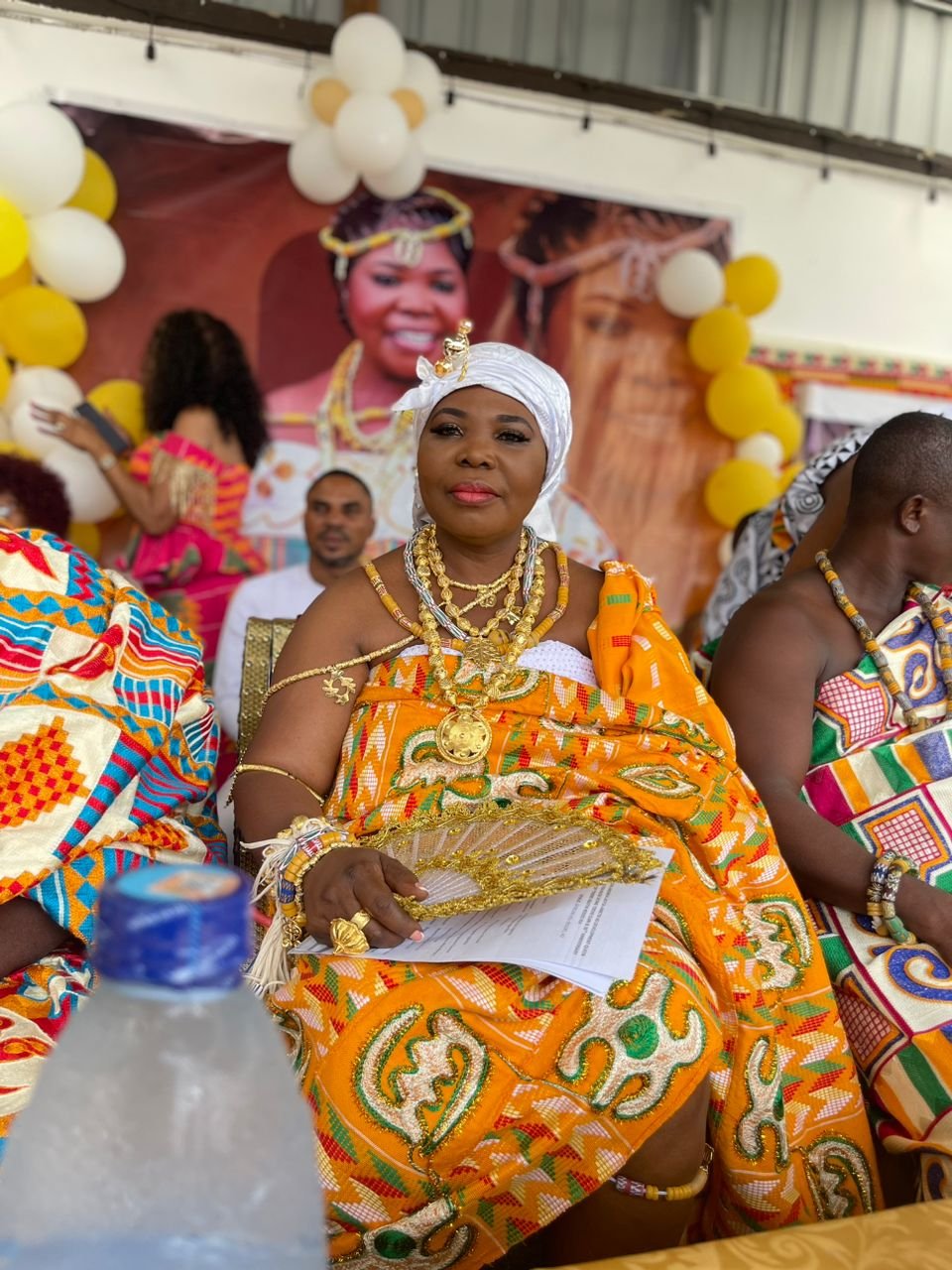
The Dome-Tsevie clan of Abutia-Kloe in the Ho West District of the Volta Region last weekend outdoored Mrs Joycelyn Akorfa Dotse-Ametsi as a Development Queen.
The ceremony which attracted traditional, political and business executives among others had Mr Bernand Mornah of the People’s National Convention Party as the special guest of honour.
Mrs Dotse-Ametsi with the ceremonial name of Mama Woe-Nenyo I, was tasked with liaising and spearheading development projects and educational reforms among others.
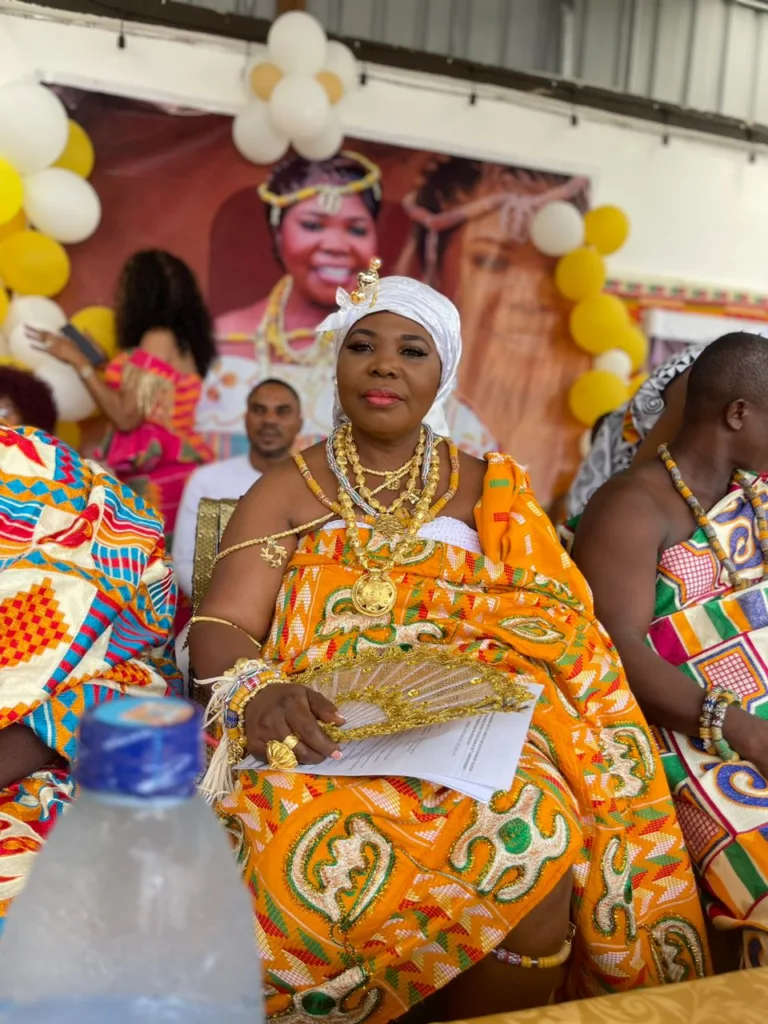
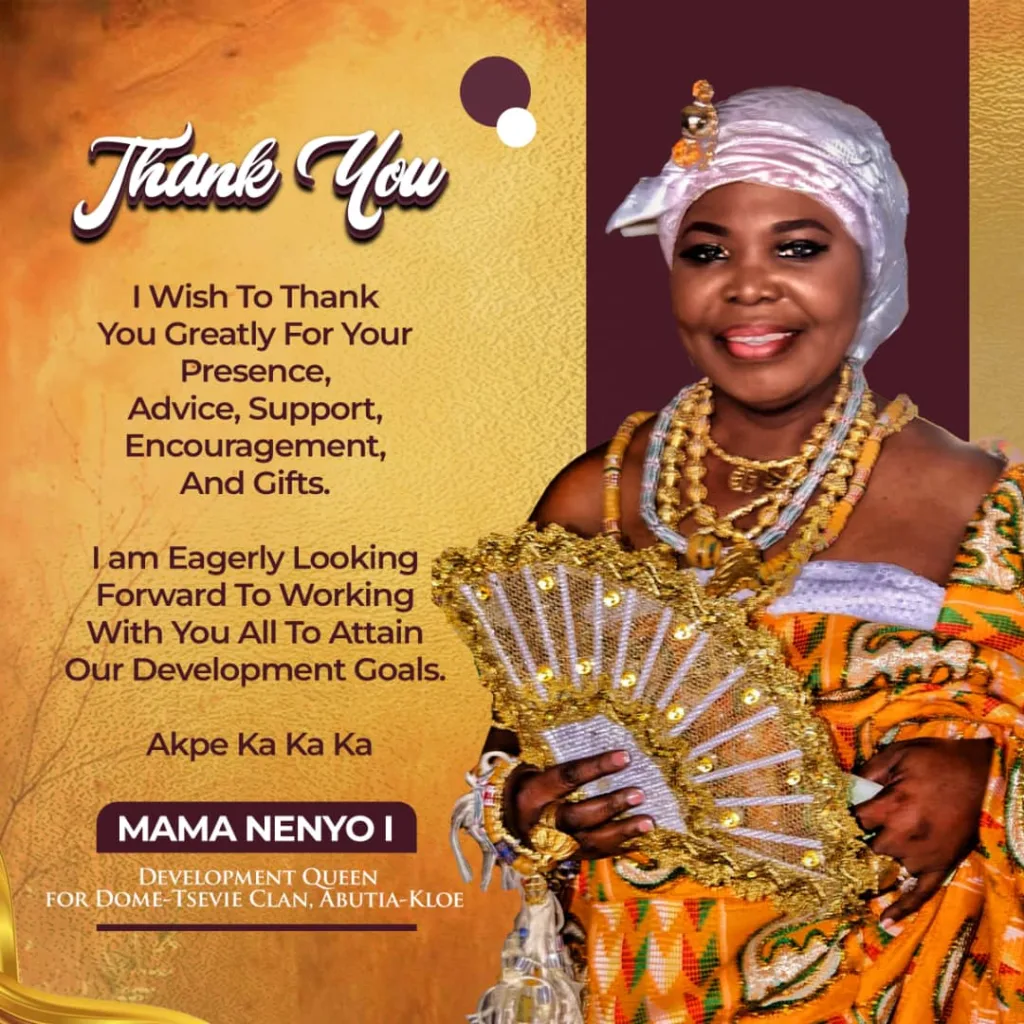
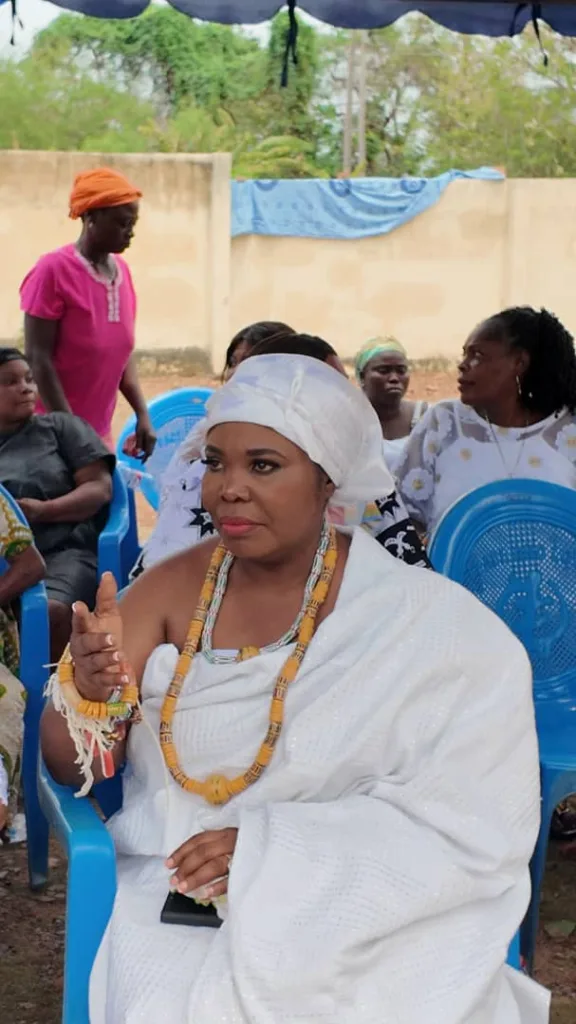

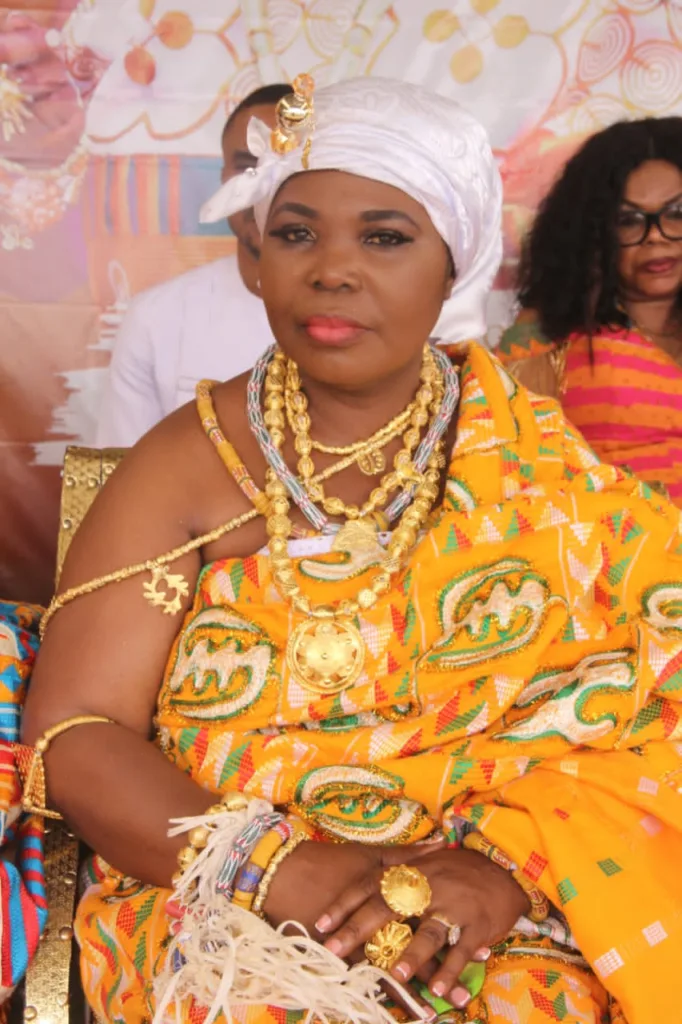

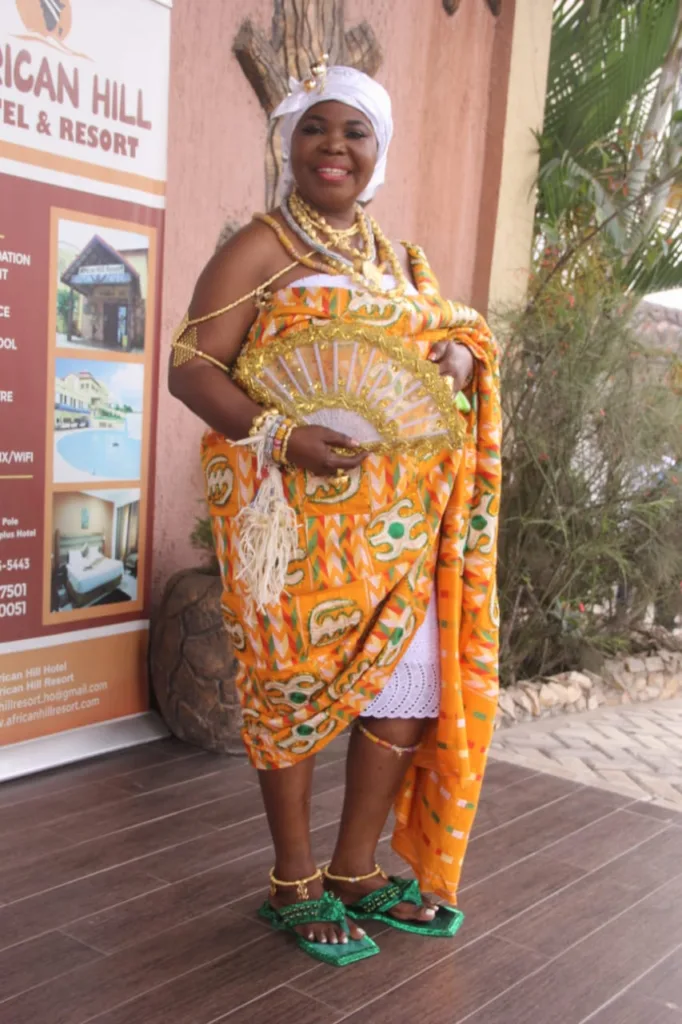

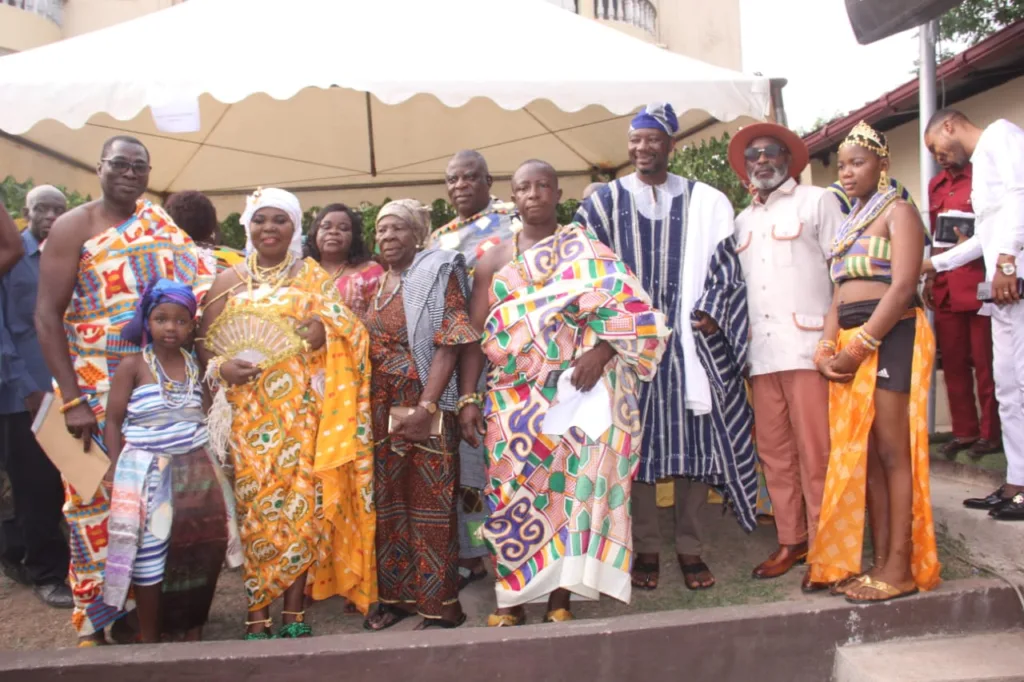

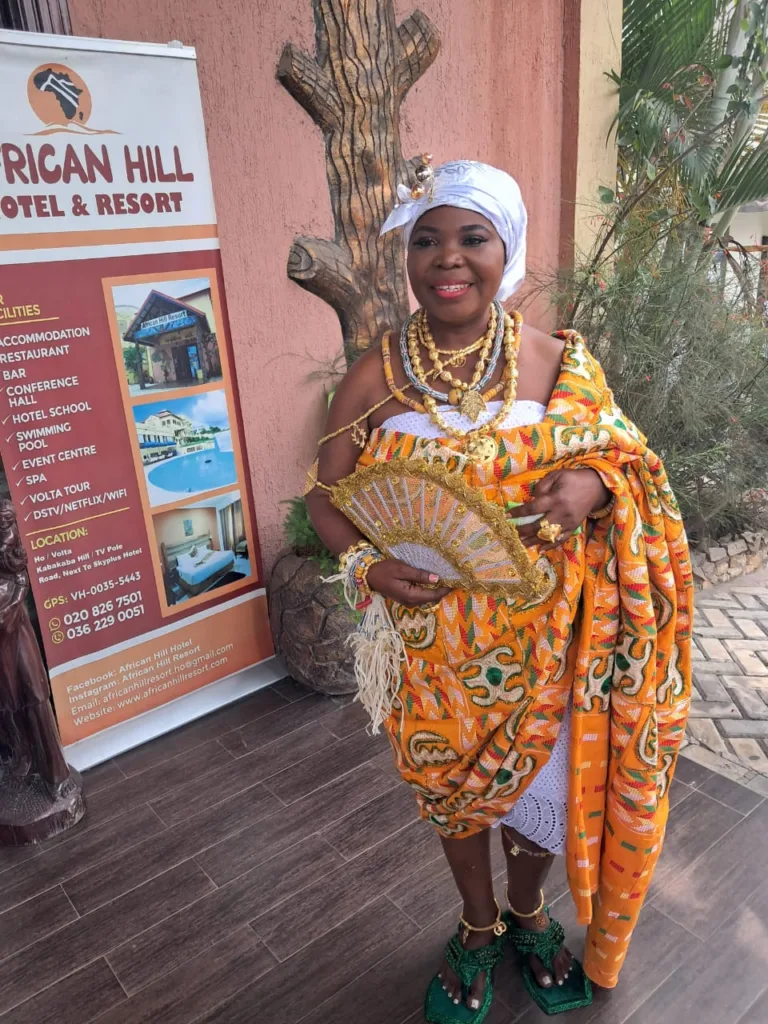
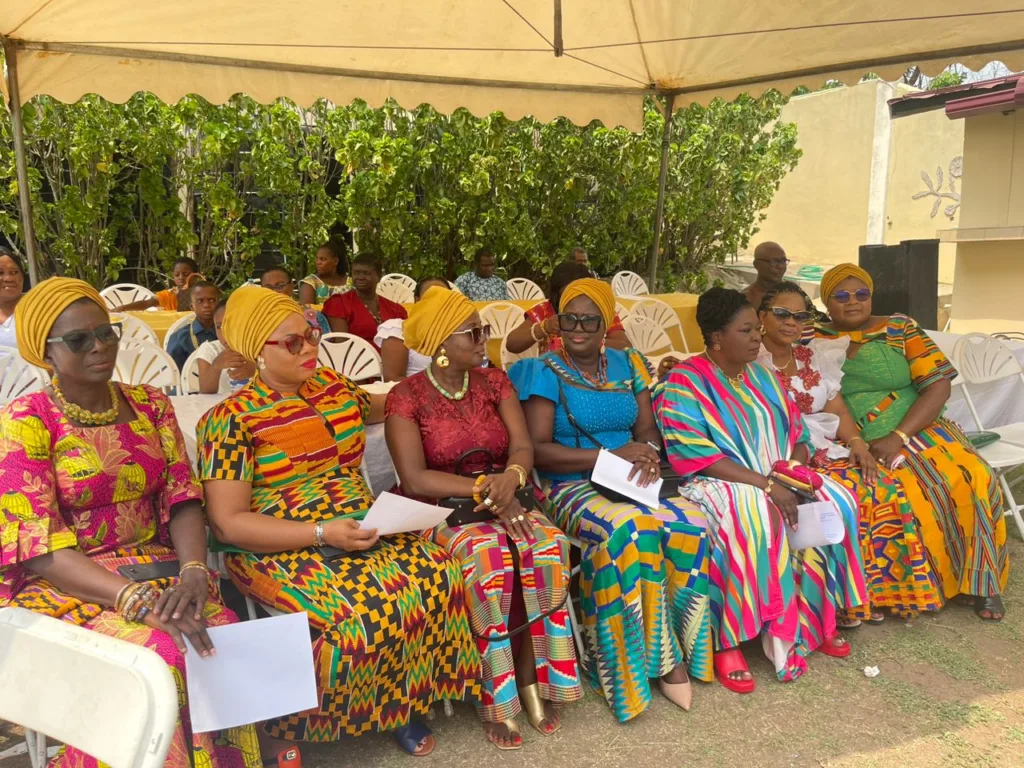
The ceremony also coincided with the 30 years anniversary of the death of Torgbe Abutia Kodzo XVI (ex-President of the Volta Regional House of Chiefs) who happened to be her father.
Mama Woe-Nanyo I promised to adhere to the promise and expectations her clan has in her and not depart from the honour and respect her father radiated during his reign.

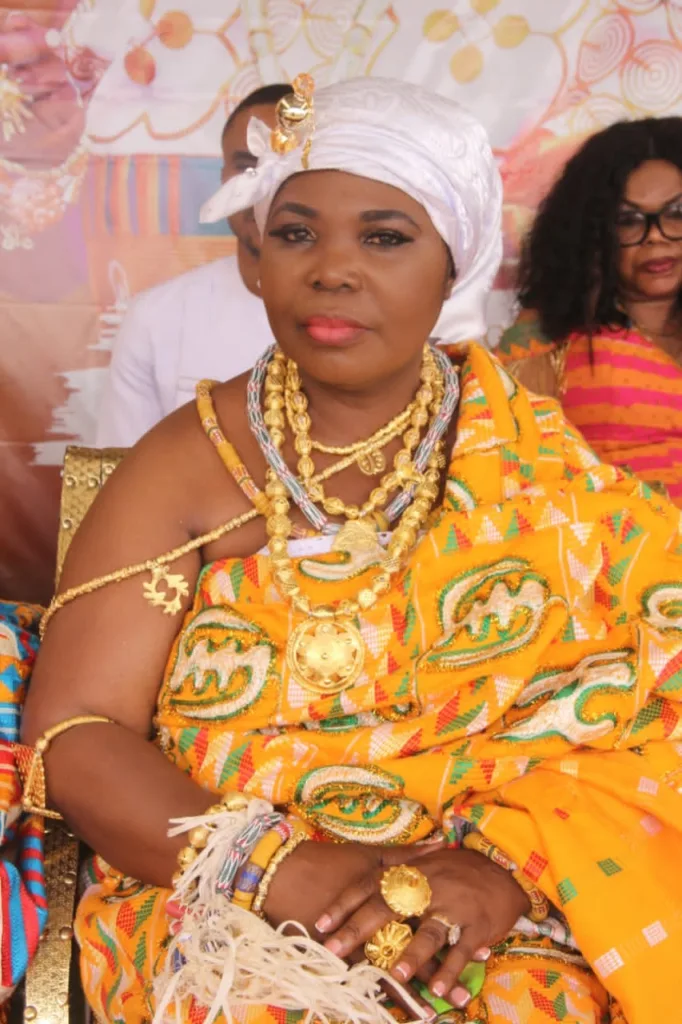
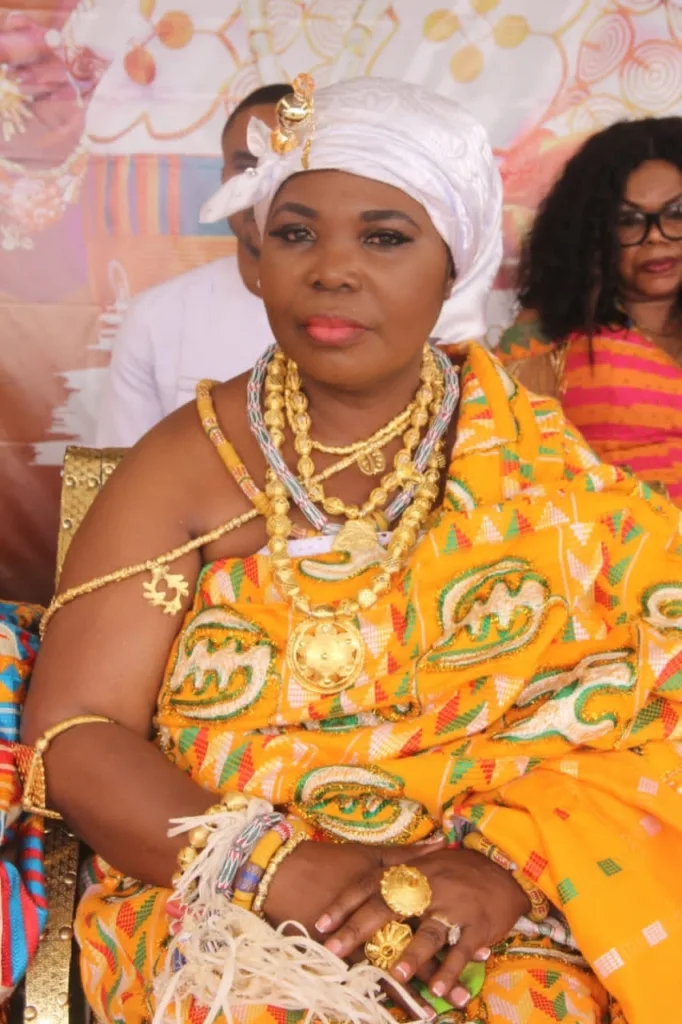
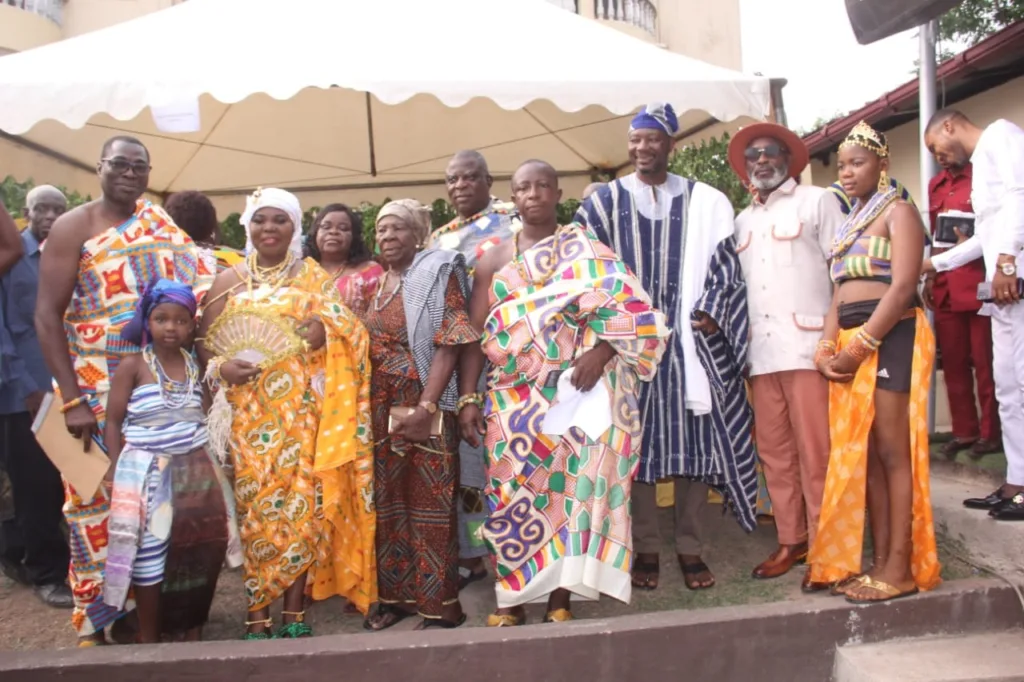

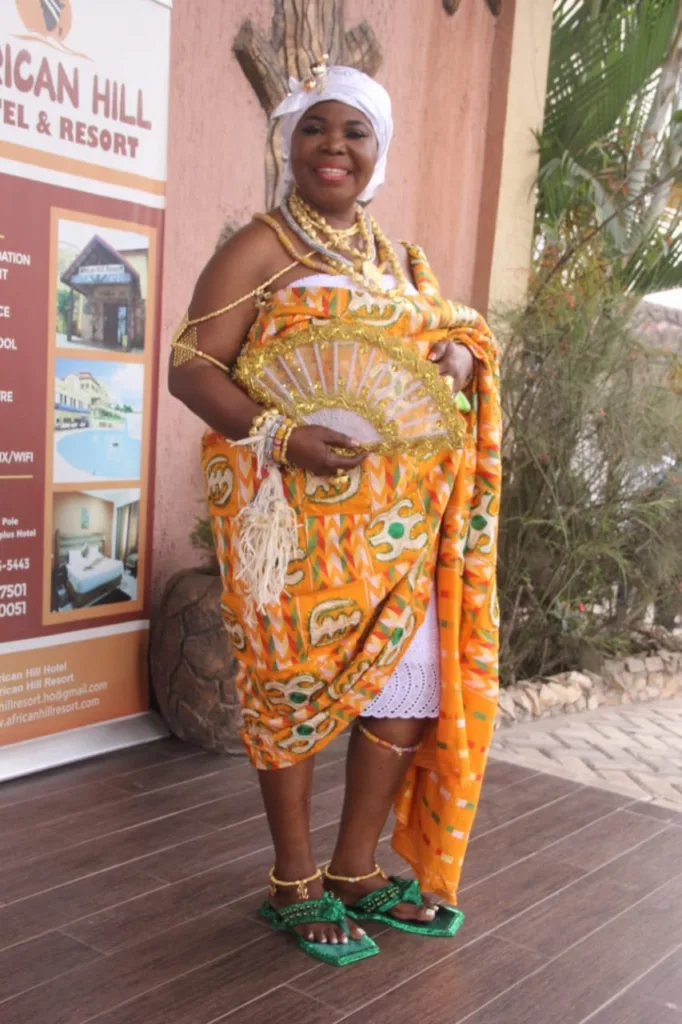


She called for the various clans of Abutia-Kloe to come together for the rapid development of Kloe and the Abutia Traditional Council.
News
The Golden Gift of the Savannah: The untold story of Shea Nut and Shea Butter
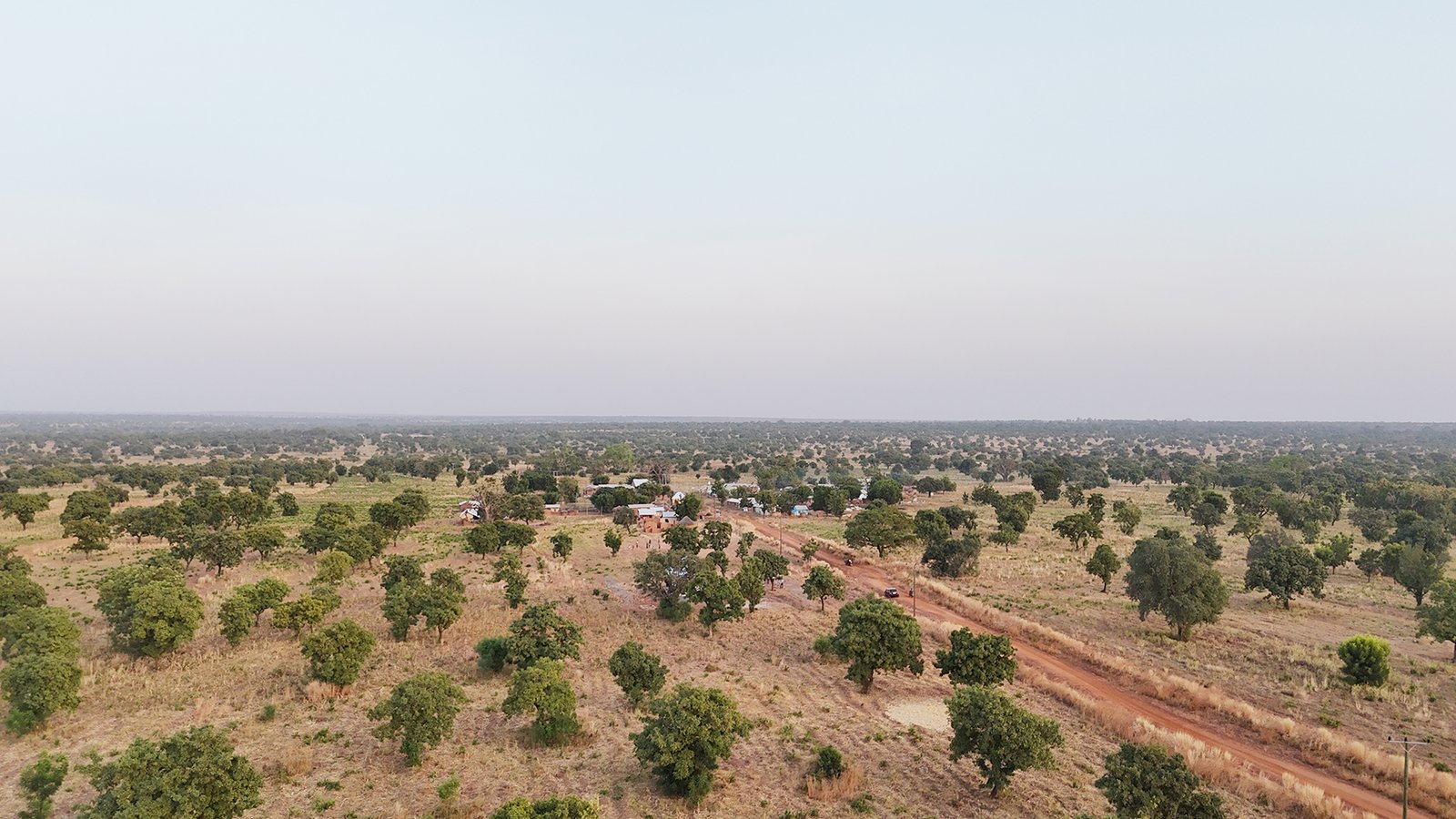
In the vast Savannah of Northern Ghana, where the sun ‘kisses’ the earth stands a tree revered for its economic and cultural significance – the shea tree.
For centuries, the shea nut plucked from this resilient tree, has been the lifeblood of countless women and communities, shaping economies, traditions, and futures across the northern regions of Ghana.
To many women, shea butter is not merely an ingredient in cosmetics and skincare.
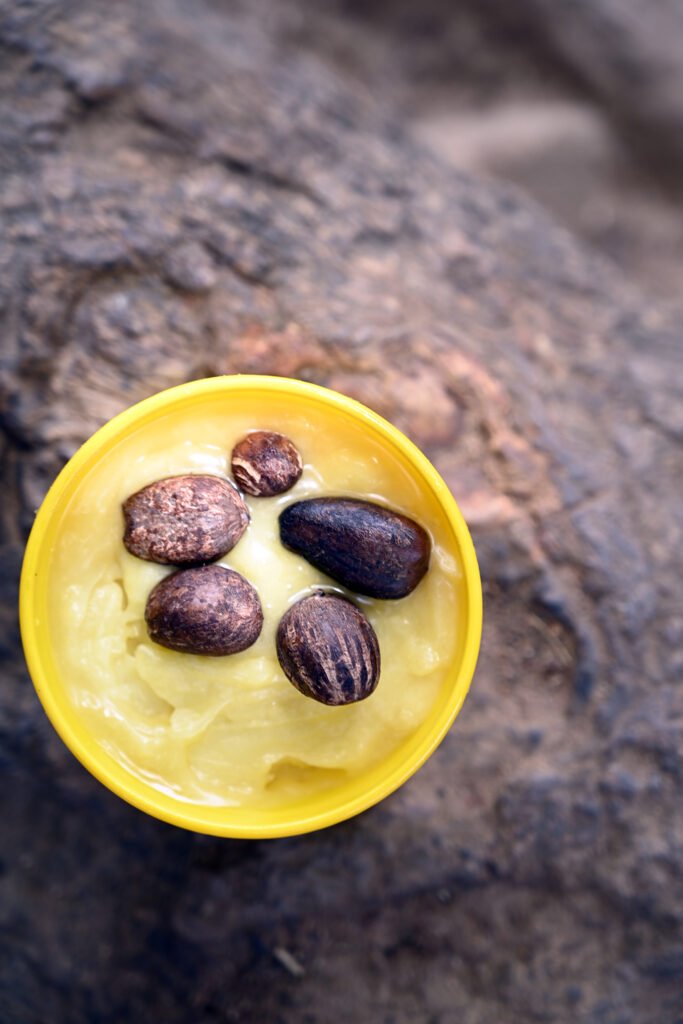
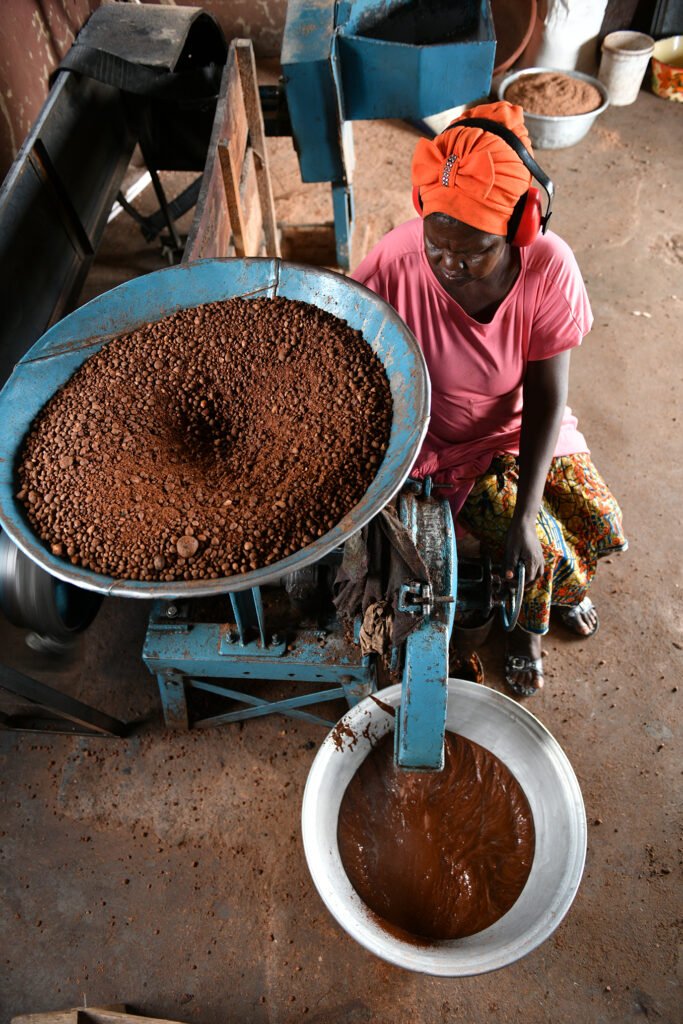
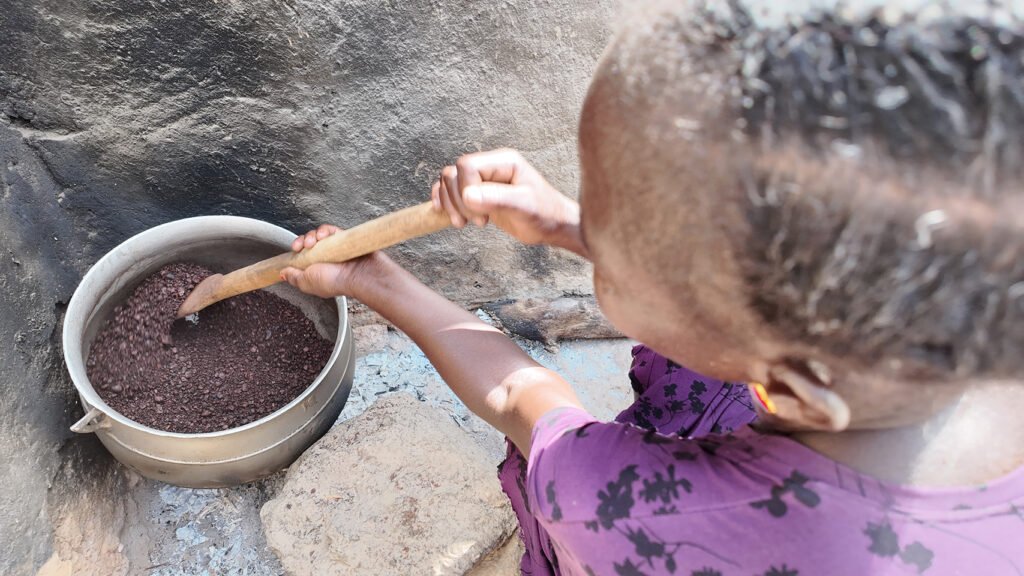
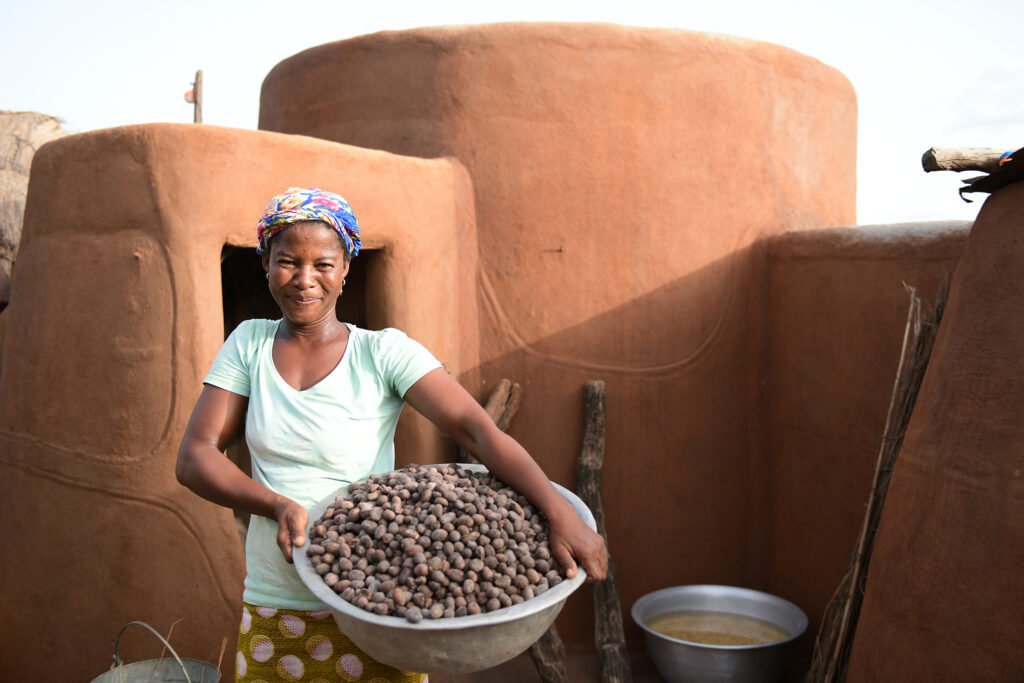
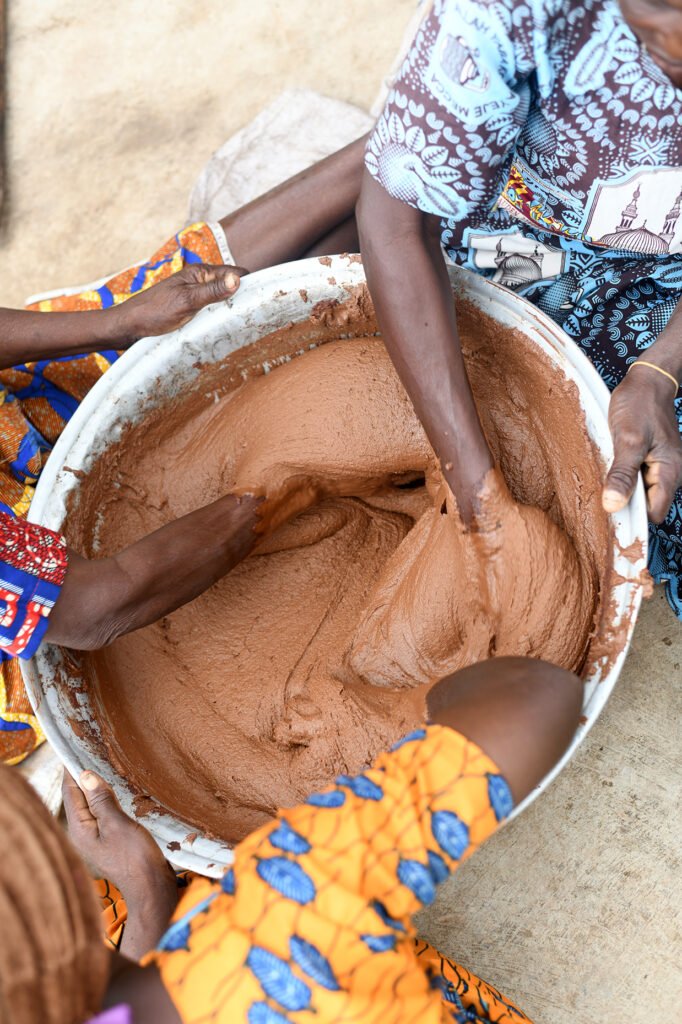
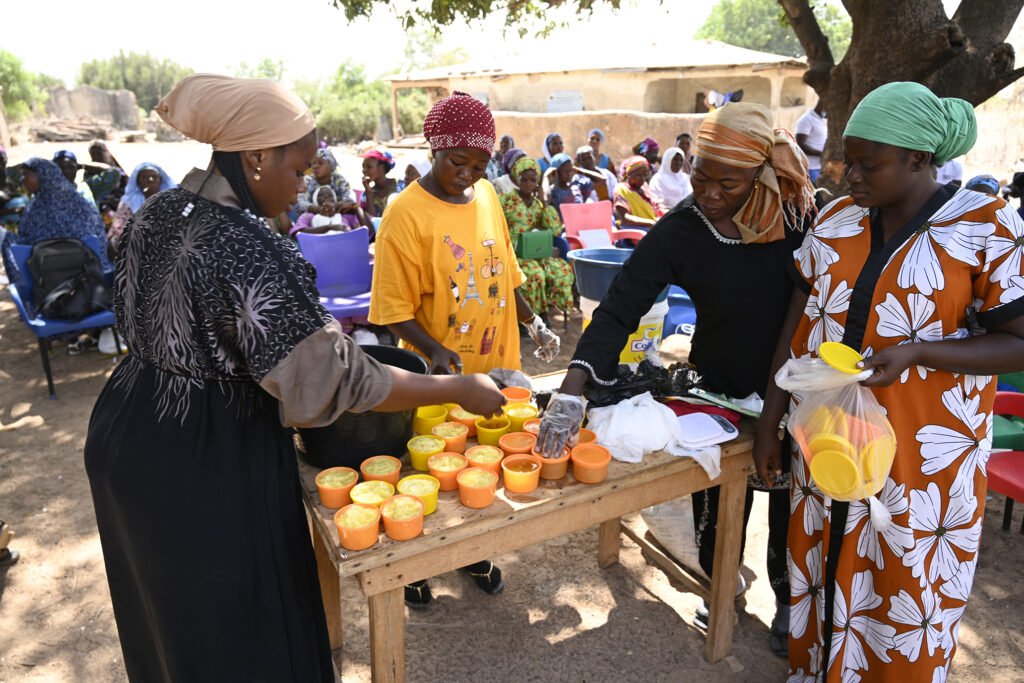
It is a symbol of resilience and economic empowerment. This golden treasure provides a sustainable income for women who painstakingly gather, dry, and process the nuts into a rich butter renowned worldwide for its healing and moisturizing properties.
Beyond its nuts, the shea tree produces a sweet, edible fruit packed with vitamins and nutrients. Its pulp is an excellent source of vitamin C, fiber, and antioxidants, which boost immunity, aid digestion, and promote overall health.
The fruit, often consumed fresh, serves as an essential source of nourishment for rural communities.
However, the journey from shea nut to shea butter is a laborious process requiring skill, patience, and sheer determination.
Women venture into the wild, walk long distances to collect fallen shea nuts.
After gathering, the nuts are boiled, sun-dried, and cracked open to reveal the kernels. These kernels are then roasted, grinded, and kneaded by hand until the oil separates from the solids, forming the smooth, fragrant butter which is now a staple in beauty and pharmaceutical industries, globally.
Shea butter is not the only valuable product derived from this remarkable tree. The shea nut also yields a highly nutritious cooking oil used traditionally in West African cuisine.
Rich in healthy fats, it promotes heart health and serves as a healthier alternative to palm oil and other cooking oils.
As global interest in natural and sustainable products grows, the demand for shea butter has surged.
Major cosmetic brands have embraced it as a key ingredient in lotions, hair products, and medicinal ointments, thanks to its high concentrations of vitamins A and E and anti-inflammatory properties.
Additionally, the food industry now recognises shea butter as a viable alternative to cocoa butter in chocolate production, further expanding its market value.
Yet, despite its growing international appeal, the shea industry faces significant challenges.
Climate change threatens the sustainability of shea trees, while middlemen and unfair pricing structures often limit the earnings of the women who produce the butter.
However, initiatives promoting fair trade, value addition, and sustainable harvesting practices offer hope for better economic returns for shea producers.
Organisations and cooperatives are working tirelessly to protect the shea tree and enhance the livelihoods of shea butter producers.
By introducing modern processing techniques, offering training programmes, and securing fair trade agreements, these efforts are ensuring that the legacy of shea butter continues to benefit local communities for generations to come.
Maria Johana Yuorpor, one of the women leading this transformation is a dedicated shea butter processor. For over a decade, she has championed quality production while equipping women with the skills to refine and add value to this ‘women’s gold.’
Maria’s journey into the shea butter industry was not one of mere chance but of deep-rooted passion and an unyielding commitment to uplift her community.
Growing up in a region where shea butter was a staple in homes used for cooking, skincare, and medicinal purposes, she witnessed firsthand its potential as a tool for economic empowerment.
Determined to make a difference, she immersed herself in intensive research and training, perfecting her craft to meet international standards.
Over the years, her expertise and commitment to quality production have earned her local and international recognition, shining a spotlight on Upper West shea butter.
According to Maria, the best shea butter comes from the Upper West Region due to the naturally rich and unpolluted environment in which shea trees flourish.
“The climate and soil here give our shea nuts a unique richness, which translates into high-quality butter with superior texture and moisturizing properties as well as the best way of processing it,” she explains.
Maria said, said when she begun understanding the importance of value addition, she started training women in her community on advanced processing techniques, including refining, packaging, and product diversification.
“Today, many of my trainees have expanded beyond producing raw shea butter to crafting soaps, body creams, and essential oils, all tailored for export markets”, she added.
To further enhance the shea industry and support women entrepreneurs, the Kosmos Innovation Center (KIC) among many organisations has stepped in with training and funding opportunities.
Mrs. Mercy Tuffour, Gender and Safeguarding Specialist in an interview said, KIC through their initiatives were training women on modern techniques in product formulation, branding, and market access, allowing them to elevate their shea-based businesses.
She emphasised the significance of these interventions: “We are committed to equipping women with the skills and resources needed to create high quality shea products that can compete in both local and international markets.
By adding value to raw shea butter, these women are transforming their livelihoods and securing better financial futures, where Northern Ghana becomes the hub of premium shea butter exports, driven by women entrepreneurs, she added.
She also advocated increased investment in shea butter processing facilities and seeks partnerships with global skincare and cosmetic brands to highlight Ghana’s superior shea butter.
As Maria Johana Yuorpor continues her mission, her story serves as an inspiration to many – proof that with passion, knowledge, and resilience, local resources can be transformed into global opportunities, changing lives one shea nut at a time.
Story/Photos from Geoffrey Buta, Nyoli, Upper West







